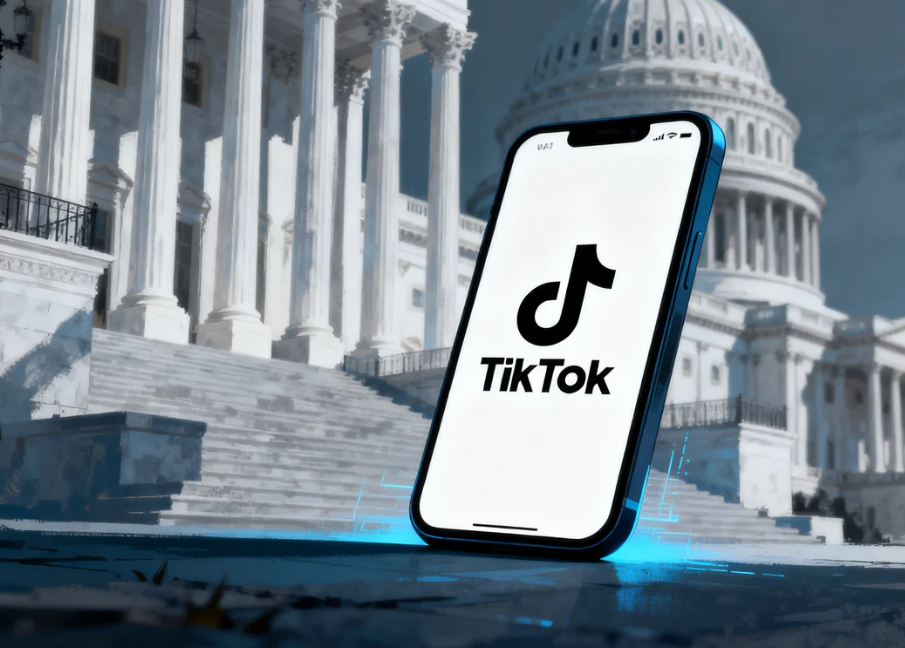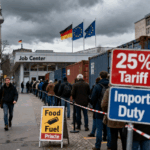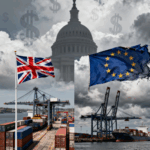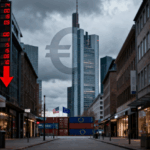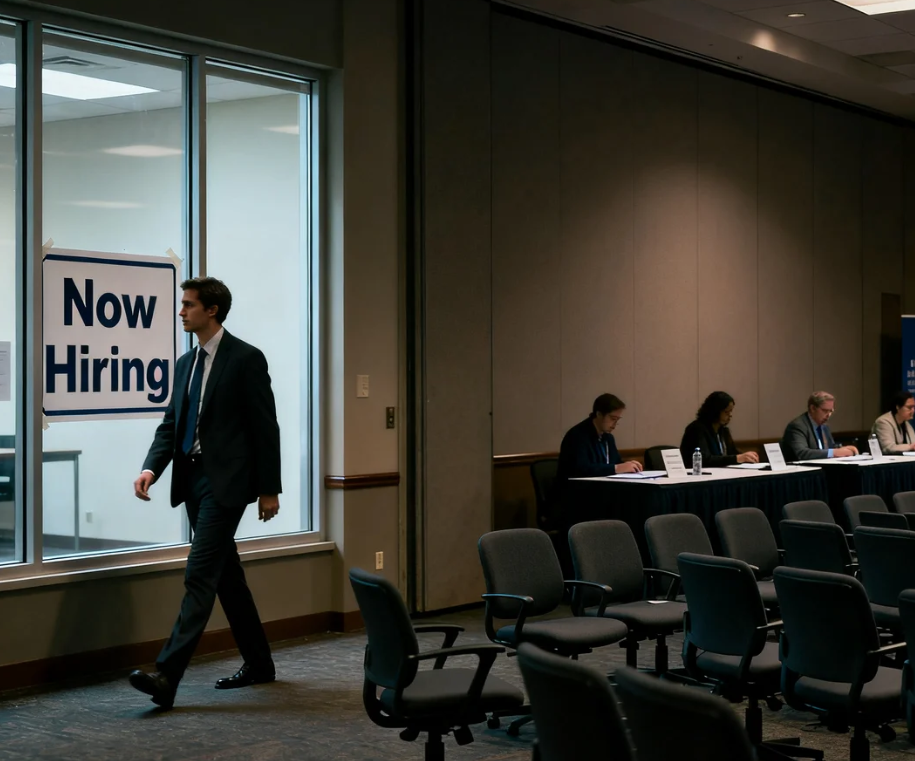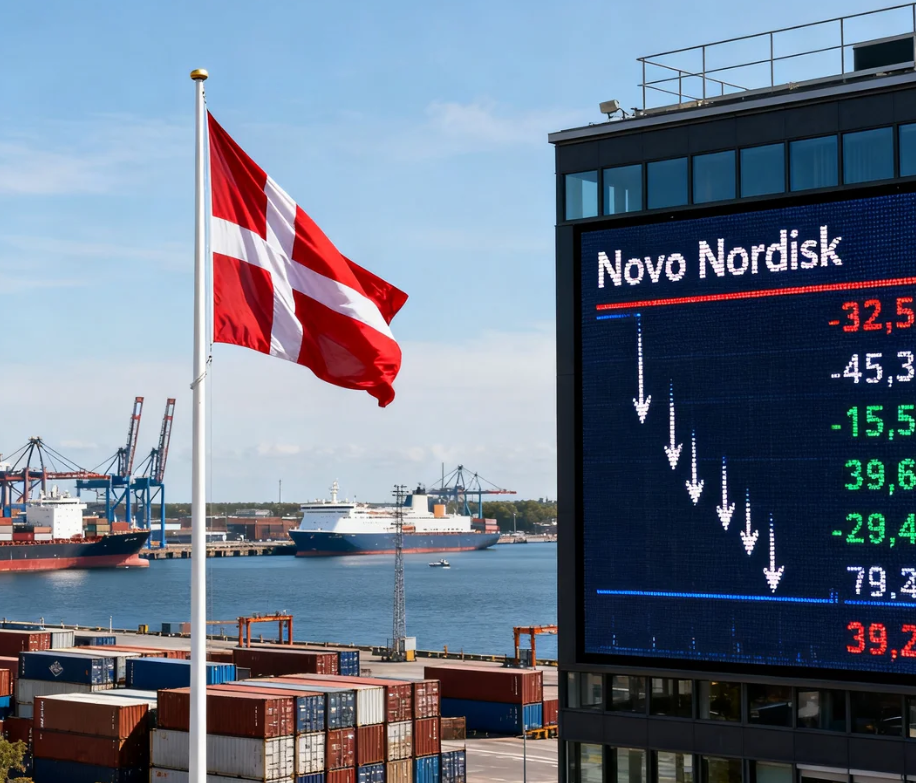High-level negotiations between the United States and China wrapped up in Madrid on Monday, with trade issues taking a back seat to a surprise announcement on TikTok’s future.
Treasury Secretary Scott Bessent revealed that a tentative framework has been reached between two private parties over the divestment of TikTok’s U.S. operations, calling the agreement’s commercial terms “settled.” Both President Donald Trump and President Xi Jinping are scheduled to review the deal during a call on Friday, just two days before Washington’s deadline requiring TikTok to be sold or banned in the U.S.
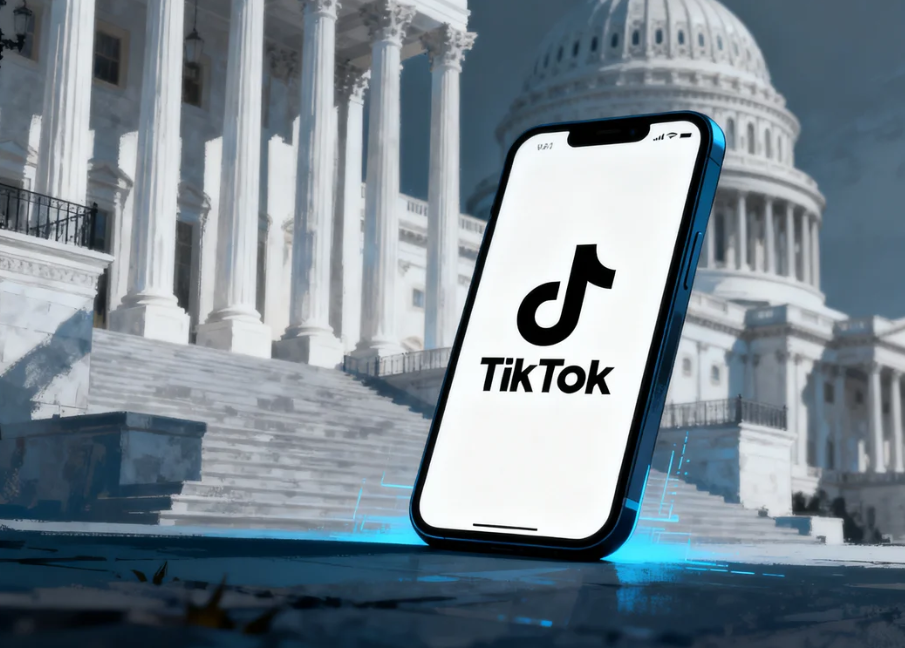
While trade officials had arrived in Spain prepared to tackle tariffs, export restrictions, and broader market disputes, those discussions were largely deferred. U.S. Trade Representative Jamieson Greer admitted the talks were “very focused on TikTok,” leaving major trade disagreements unresolved.
Rising Frictions Beyond TikTok
The talks come amid a rapid escalation of economic hostilities. Over the weekend, Beijing launched twin investigations into the U.S. semiconductor industry—one probing alleged dumping of American-made analog chips, the other targeting Washington’s restrictions on Chinese tech firms.
Just days earlier, the U.S. expanded its entity list to include 23 Chinese companies. In response, China’s market regulator announced that Nvidia had violated antitrust rules, signaling an extended probe into the U.S. chipmaker. Bessent called the timing of the move “unfortunate,” while analysts suggested Beijing was using Nvidia as leverage at the negotiating table.
“This is Beijing showing its tougher side,” said George Chen of The Asia Group. “Nvidia has effectively become a bargaining chip.”
Hard Bargaining Ahead
Experts warn that despite the Madrid meetings—marking the fourth round of bilateral talks in four months—progress remains limited. Former U.S. trade negotiator Wendy Cutler noted that Beijing had already succeeded in securing concessions on tech equipment exports, even as it tightened restrictions on U.S. access to critical minerals.
“With this tit-for-tat dynamic, it’s hard to imagine the relationship improving,” Cutler said. “At best, it feels like running to stand still.”
Meanwhile, China’s Ministry of Commerce lashed out at Trump’s call for the European Union to impose tariffs of up to 100% on Chinese goods linked to Russian oil purchases, denouncing it as “economic coercion” and a breach of earlier consensus.
The Road Ahead
Despite the heated exchanges, both sides are reportedly exploring a potential meeting between Trump and Xi later this year. According to The Wall Street Journal, Beijing has been pushing for months to host Trump on a state visit—the first since his trip to China in 2017.
Whether the TikTok deal will serve as a diplomatic icebreaker or simply another flashpoint in an increasingly fraught relationship remains to be seen.



